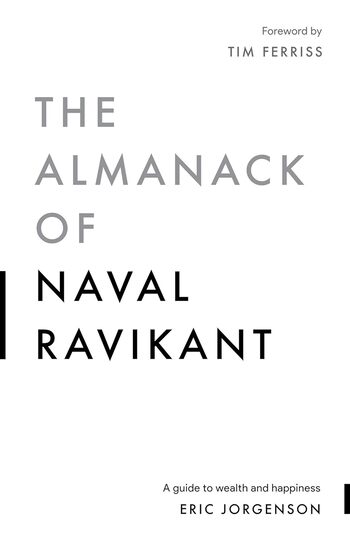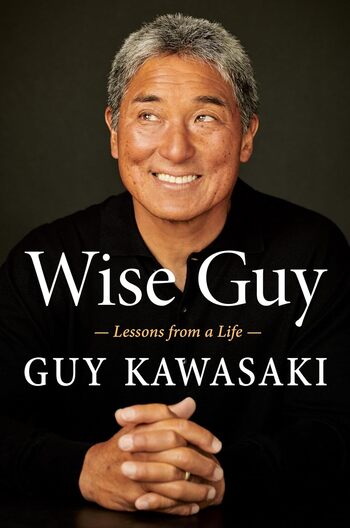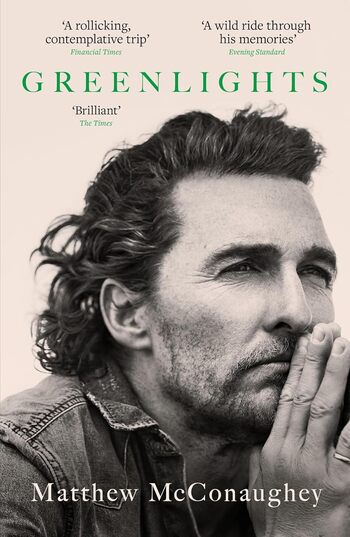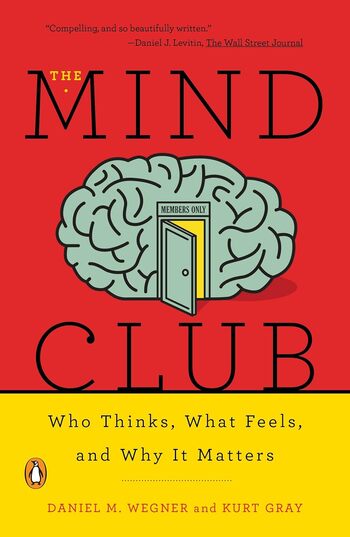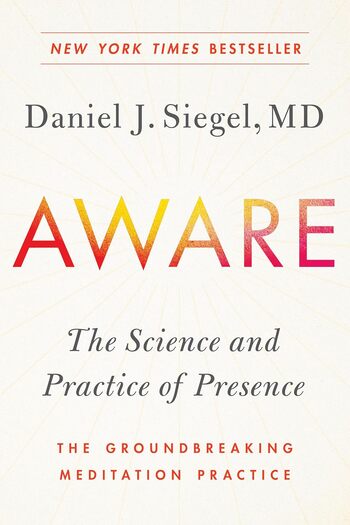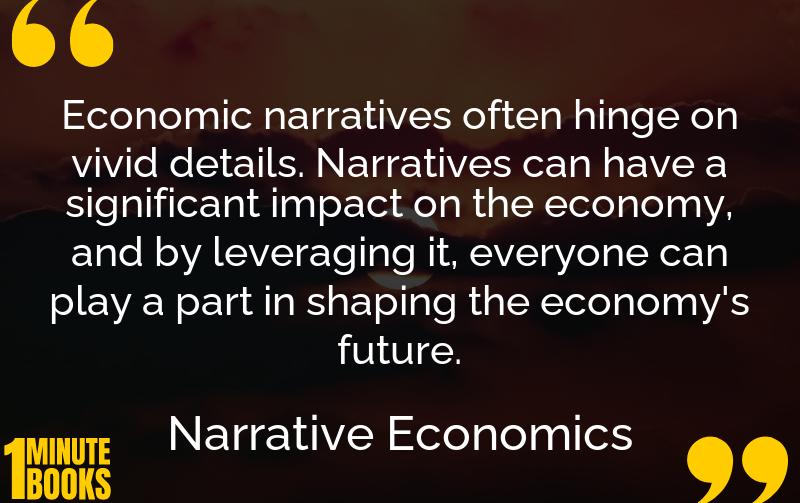
Narrative Economics explores how collective stories shape economic behaviors and events. Through examples like the 1929 crash and Bitcoin, Shiller illustrates the power of narratives in economics.
Main Lessons
- Narratives profoundly influence economic behavior, often overlooked by traditional economists.
- Storytelling played a role in historical events, such as the 1929 stock-market crash.
- Narratives surrounding Bitcoin highlight the power of stories in driving economic trends.
- Economic narratives can spread like epidemics, rapidly influencing public perception.
- Understanding narrative constellations is key to grasping broader economic concepts.
- Narrative details can significantly impact economic decisions, as demonstrated in experimental settings.
- Historical economic events revolve around enduring themes like panic versus confidence.
- The mutable nature of narratives means that their impact can evolve over time.
- Studying narratives can provide insights for predicting and preparing for future economic events.
- Policymakers can harness narratives to guide public behavior during economic stress.
- Narrative analysis complements statistical data, offering a holistic view of the economy.
- Interdisciplinary approaches enrich our understanding of economic narratives.
- Collective memories and stories significantly alter economic understanding and behaviors.
- Economists, leveraging narrative research, can become proactive participants in economic events.
